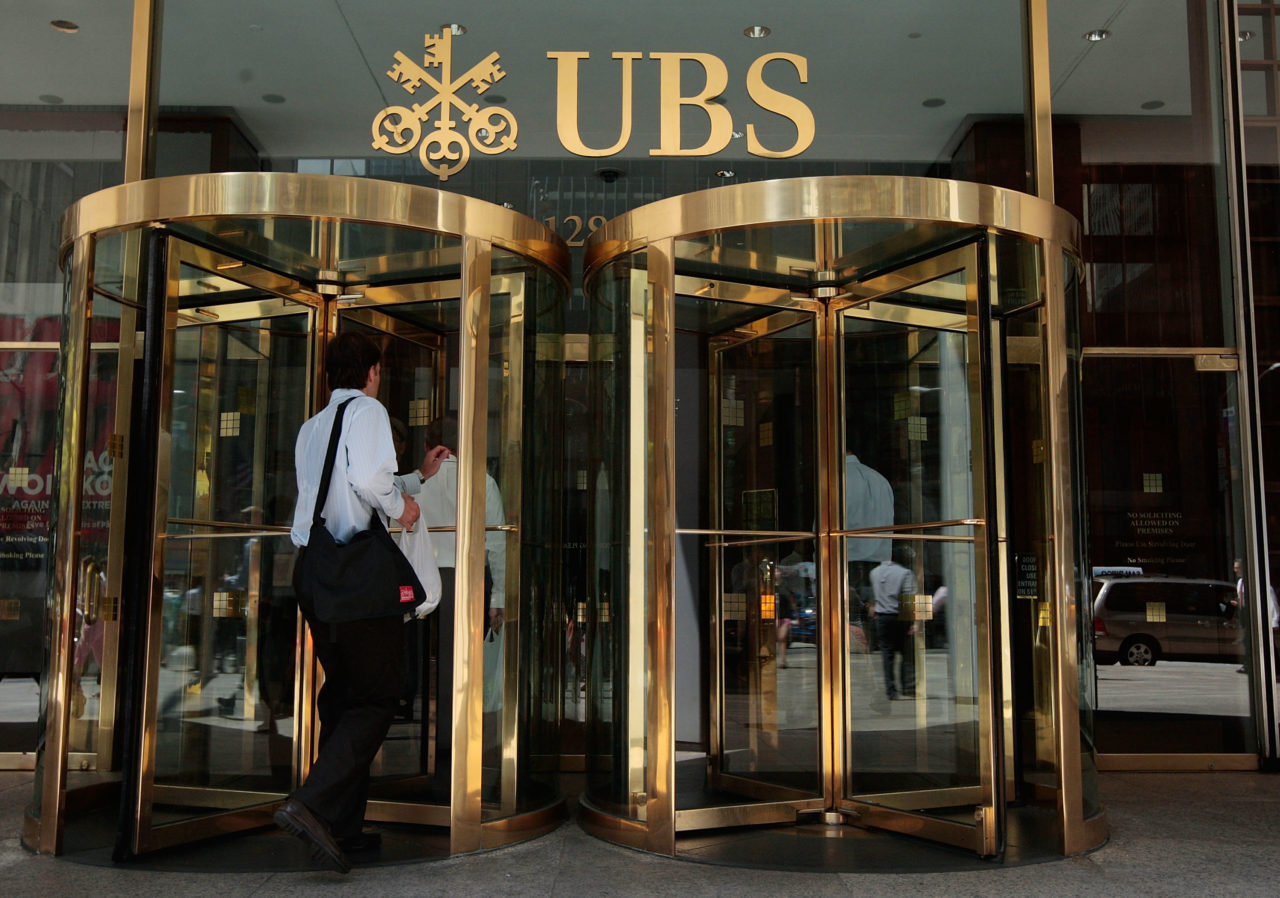
A big gap has opened up not only between UBS and Credit Suisse’s share prices but also between expectations for their second-quarter earnings.
Ahead of the publication of their second-quarter results there really is no comparison. Looking at the share prices of the two big Swiss banks, UBS, whose results are due out on Tuesday, has risen just under 10 percent since the beginning of the year; and the bank is by no means one of the star performers on the Swiss stock exchange.
However, you would have to look long and hard to find a worse performer than Credit Suisse, whose results are set to be published on July 29. Its shares have dropped 27 percent over the same period.
Credit Suisse was in a world of pain in the second quarter. There is a great deal of uncertainty about its medium-term future after it lost billions in the collapse of Archegos Capital and no end in sight to the flood of employees heading for the exit at its investment bank. The lack of clarity about its prospects of recouping all the money from the Greensill funds is a source of disaffection to both staff and those asset management and private banking clients affected.
Its battered reputation makes if difficult for Credit Suisse to acquire new clients and funds. The investigations into the Greensill and Archegos debacles by and the instruction from Swiss financial watchdog Finma only to do low-risk business are complicating its operations.
Compared with UBS and the competition across the Atlantic, Credit Suisse is wrestling with both new and legacy problems at the worst possible moment.
Credit Suisse is in danger of sliding into a completely different league to UBS. This is despite 800 million Swiss francs ($873 million) of UBS’ money going down the drain when Archegos collapsed.
As far as banks with which Credit Suisse likes to compare itself such as Goldman Sachs or J.P. Morgan go, this has already happened.
Last week, Goldman Sachs reported a second-quarter profit of $5.5 billion, J.P. Morgan made almost $12 billion. This was down to a U.S. economy going full steam ahead, strong results from their investment banks as well as mergers and acquisitions activity.
The second-quarter forecasts for Credit Suisse are a tiny fraction of that.
The consensus estimate is for a pre-tax profit of just over 840 million francs and a net profit of just over 330 million francs. The one-off effect of a further loss of 600 million francs due to Archegos is expected to weigh on the second-quarter numbers.
Credit Suisse was still a money-making machine in the first quarter – apart from the debacles which cost billions – especially the investment bank, but the forecasts for the second quarter are very different indeed. Analysts are predicting revenues of around 1.75 billion francs offset by expenses of around 1.7 billion francs. The investment bank is expected to post a loss in the second quarter.
Expectations for the wealth management business and client acquisition are also very subdued. A cash outflow is expected in Asset Management and an increase of around 3 billion francs across all units.
The expectations for UBS are nothing to write home about but much better. The consensus forecast is for a second-quarter profit of just over $1.3 billion, significantly less than in the first quarter but still higher year on year.
In its core business of Global Wealth Management, significantly less volatile markets hit client activity. Revenues will be significantly lower than in the first quarter. The focus will therefore be on implementing the cost-cutting program. The aim is to save $1 billion by 2023. However, there are likely to have been restructuring costs of around $300 million in the second quarter.
The big gap between UBS and Credit Suisse not only lies in their share prices and results but also in the base from which they are starting, which has changed yet again since the spring.
While UBS is pursuing a strategy for the future under its new CEO Ralph Hamers and has the means and capacity to invest in a technological transformation, Credit Suisse is dealing with its past. It has to resolve legacy issues that affect its corporate culture and, more specifically, the shortcomings in risk management.
New Chairman António Horta-Osório has made it clear that this will take time and that no decisions on changes to the bank’s strategy are expected before the end of the year. In other words, UBS is building its future, something Credit Suisse can only dream of.

